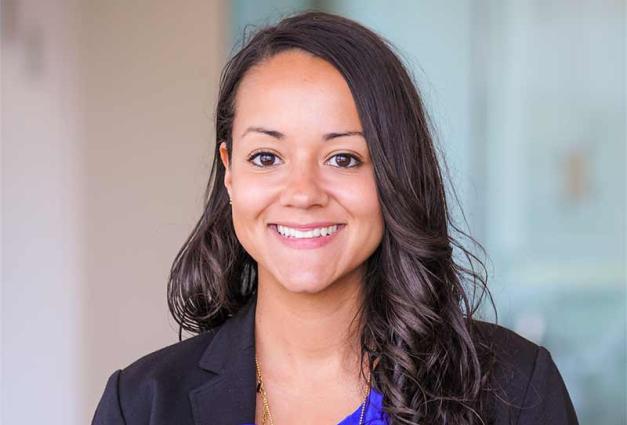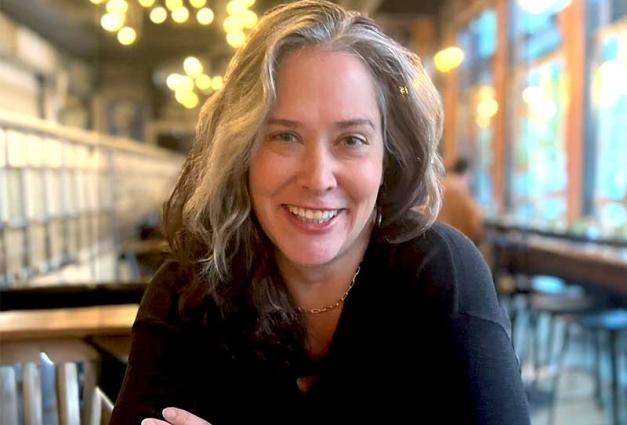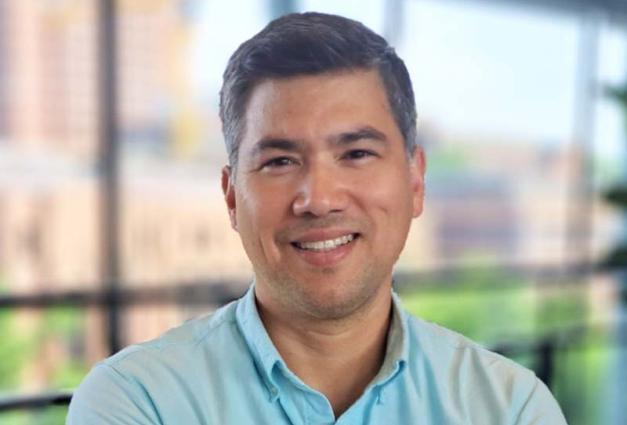Tera Letzring directs the Personality Judgment Lab at Idaho State University, where she also serves as a professor of experimental psychology, teaching both graduate and undergraduate students. She received her PhD and master's degree in Psychology from the University of California, Riverside. She is currently the principal investigator on a study funded by the National Science Foundation, examining the relationship and causal direction of people's accuracy in judging affect and judging traits.
What is your favorite class to teach and why?
My favorite class to teach is the undergraduate Theories of Personality class. I think it is important to help students understand that not everyone sees the world in the same way, but this doesn’t mean that someone is wrong when people disagree. This class models how to look at people and the world from multiple perspectives, and I am grateful that I get to facilitate the learning of this knowledge that will hopefully help students for the rest of their lives, whether or not they continue in psychology.
Are there teaching techniques that you’ve found to be especially helpful?
I do as many in-class activities, demonstrations, and discussions as possible. In some of my classes, I have implemented a flipped classroom format to allow for as much class time as possible for activities. This format requires students to be active and engaged learners, and lets me share my favorite things about the topic with my students without worrying about how long it takes.
What led you to choose a career in personality and social psychology?
When I was young I wanted to be a teacher, and I have always been interested in why people do the things they do. When I took my first psychology class in high school, I realized that I could put these things together by teaching psychology. The perspective used by personality and social psychologists, of focusing on individual aspects of both people and the situation to explain behavior, was the best fit for my natural way of thinking about the world.
Do you have any advice for individuals who wish to pursue a career in personality and social psychology?
My advice is to find a graduate program with a training orientation that matches your goals, and then find an advisor who matches your research interests. I completed my graduate work at the University of California, Riverside because this program had a well-established and high quality program in Personality and Social Psychology, as well as programs in other areas so that I would be exposed to multiple perspectives. It also had opportunities for students to assist with teaching and to teach independently. I was fortunate to work with David Funder and to learn about research on the accuracy of personality trait judgment from a leader in this area. And once you have found this program and advisor: work hard, but remember that the reason you are in graduate school is because you love learning about people, why they do what they do, and what causes them to see the world in different ways from others.
Briefly summarize your current research, and any future research interests you plan to pursue.
My research focuses on the accuracy of person perception. I have examined accuracy of judgments of others’ personality traits since graduate school, and am especially interested in the factors that affect accuracy, outcomes of making more or less accurate judgments, and whether there are ways to train people to be more accurate. Lately, I have also broadened my focus to include judgments of personal values and emotional states. The main project I am working on now is funded by the National Science Foundation to test a model that I developed with Judy Hall called the State and Trait Accuracy Model, or STAM. In STAM, the processes of judging states (and in particular, emotional states) and personality traits are combined such that state judgments occur before and inform trait judgments. Based on this model, we predict that accurate judgments of emotional states result in more accurate judgments of personality traits.
I have also always been interested in Positive Psychology, and in particular the concepts of implicit mindsets (growth and fixed), mindfulness, and gratitude. I am beginning to incorporate these constructs into my research and I am excited to see where this path will lead me in the future.
How has being a member of SPSP helped you professionally?
The networking I have done at SPSP’s conventions has been the biggest help to me professionally. This has led to empirical publications, NSF grant proposals and awards, and a book contract with Oxford University Press for an edited book on the accuracy of personality trait judgment. None of these things would have been possible without the connections that I have made at the conventions. They have been an excellent source of networking, learning, and inspiration for my own research, and are an event that I look forward to every year.
What is your most memorable SPSP Convention experience?
My most memorable experience was being a part of a symposium that I chaired in 2017. The inspiration for this symposium came from my work with Judy Hall and Jeremy Biesanz on the State and Trait Accuracy Model. This model bridges social and personality psychology by combining judgments of state-level emotions and judgments of personality traits. We were interested in other work that was being done that really brought these areas of psychology together. I know from experience that it is difficult to get a symposium accepted at SPSP, so I was especially excited to be able to share these ideas in this format that included other presenters and audience members in the important conversation of how personality and social psychology can be made stronger when they are combined.
Outside of personality and social psychology, how do you spend your free time?
I spend my free time taking care of my family and myself. It is important for me to maintain a healthy work-like balance, so when I am not working I am spending time with my family, either reading, hiking, cross-country skiing, or being lazy and watching movies. Some of our favorite places to hike are Yellowstone National Park and around the Grand Teton mountains in Idaho. For myself, I exercise, practice mindfulness meditation, spend time in prayer, and read for fun. I am also active in my church, where I lead an adult bible study and teach Sunday School.
Learn more about Tera and her work with the Personality Judgment Lab at Idaho State University




